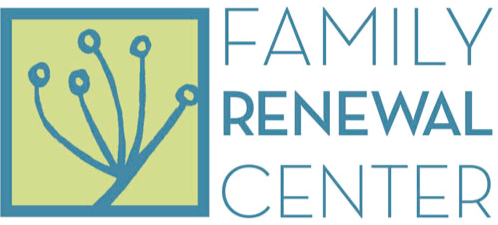
This past Sunday, the nation celebrated mothers. For many families this meant adult children gathered to remember the love and support their mother gave them as they were growing up. Mothers had the chance to reflect on how being a mother has enriched their lives. However, not all people spent the day engaging in positive family interactions.
For some people, Mother’s Day is a time of grief. Maybe mom died this past year and she is missed. Maybe mom was not a supportive person so the adult child struggled to celebrate her. Maybe Mother’s Day reminded people of the lack of being able to have children and it only instilled a sense of loneliness and loss.
When the world is celebrating it can become easy to reject people’s enjoyment. When you find yourself ignoring the celebration around you, you have reached a point in your life when you need to decide how you are going to respond. Typically, when the situation becomes overwhelming with negative emotions people remove themselves from the source of the emotions. Hiding out and refusing to acknowledge the activity will not decrease the sadness, instead it will only increase the isolation.
The realities of life cannot be changed. If your mother has died, spend time remembering both the positive and negative aspects of your relationship with her. What did you learn from her about being an adult? How have you taken what she started and continue to grow in your life. Where do you need to continue to grow?
If your childhood was full of fear, tension, or neglect, remembering your mom may bring up harder emotions. Yet, the same questions can be asked. How are you taking responsibility for how you are maturing? This may sound like a strange question for an adult, but frequently people who grew up without caring support struggle to develop emotional maturity. What do the times look like when your reaction to other people reminds you of a child’s response instead of an adult’s response? Where do you need to focus to become the best you can be?
People who wish to be parents and have not become a parent struggle with so many emotions like sadness, disappointment, and frustration. Not being able to acquire a life goal of becoming a parent can be devastating. How are you balancing your disappointment with finding a way to build a meaningful life? Are there other ways you could contribute to children’s lives? Where are you finding purpose in your life?
It is often difficult to interact with people who are celebrating at a time you want to mourn. Isolating yourself rarely helps you manage your emotional response other people’s celebrations. Instead, take this time to reflect on how you are making a difference in your life. In the end, you are the only person that can make your life better.

